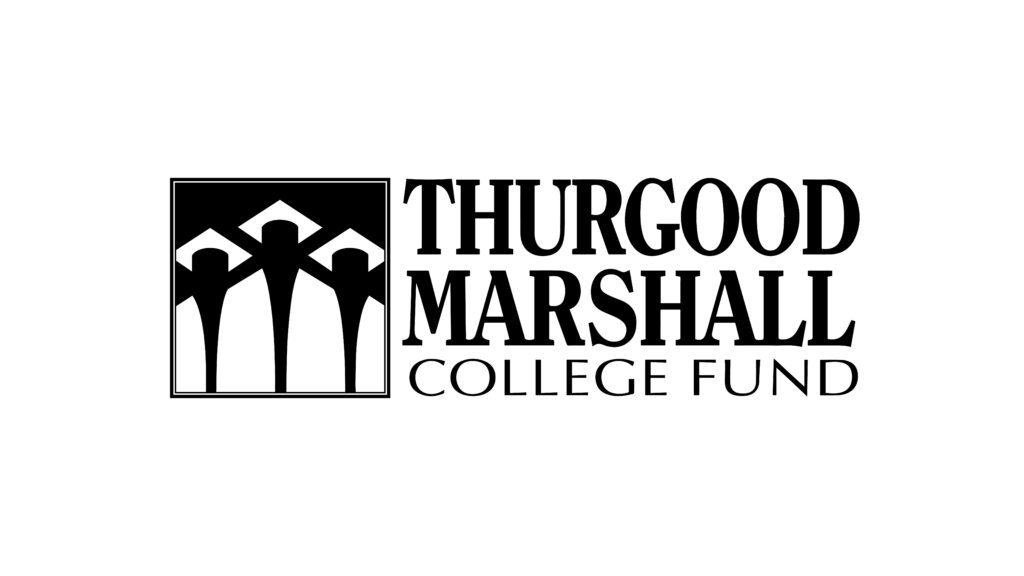The Thurgood Marshall College Fund (TMCF) and the Association of Public and Land-grant Universities (APLU) have announced support of the Aim Higher Act legislation introduced this week in the U.S. House of Representatives.
The Democrat-crafted bill, a version of the Higher Education Act that is due for reauthorization, has some significant differences from the PROSPER Act, a Republican-sponsored plan passed earlier this year by the House.
The HEA would, among other provisions, increase the annual Pell grant maximum; allow two tuition-free years at a community college; preserve the TEACH grant program that provides student aid to those who agree to teach certain subjects in high-needs schools; create competitive grant programs for future teachers and school leaders and preserve the provision in the HEA that allows teachers in some cases to cancel out their college debt.
The Aim Higher Act “would make important progress in supporting college access, affordability and completion,” APLU president Peter McPherson said in a statement. “The bill includes a number of provisions that APLU supports and has advocated for over the years,” he said, citing annual inflation adjustments for Pell grants, fixing “flaws of the 90/10 rule” governing federal aid ratios and expanding the collection and reporting of higher-ed outcomes data to count all students.
Dr. Harry L. Williams, president and CEO of TMCF, said a number of the provisions “would not only help to ensure that aspiring students have access to the schools that TMCF represents, but also allows students to persist and graduate from our member-schools, each of which are at the core of TMCF’s mission.”
“Consequently,” Williams added, “ we are encouraged that the Aim Higher Act focuses on access, affordability and the necessary support for graduates entering the workforce. In light of the various differences between the PROSPER Act and the Aim Higher Act, much work remains ahead to achieve reauthorization of the HEA. As always, TMCF will continue to work with both Democratic and Republican Congressional leaders to develop and enact legislation which strengthens financial support for and helps to promote expanded access to our nation’s HBCUs, both for students matriculating at and those seeking to attend the institutions that TMCF represents.”
McPherson lauded the bill’s sponsors for recognizing that “the primary driver of increased tuition for the vast majority of students is state disinvestment in public higher education.”
“We look forward to continuing to work with lawmakers to improve upon the solutions to state disinvestment in the bill to better support students at both two- and four-year public institutions,” he added. “As the legislative process of reauthorizing the Higher Education Act proceeds, we will continue to engage both sides of the aisle because ultimately any final legislative solution will require bipartisan support.”



